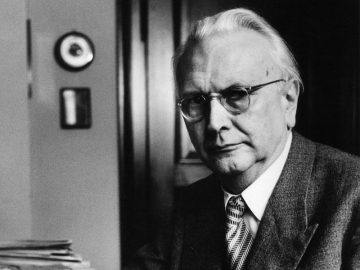Laura Spinney in Nature:
 It’s an idea that has been influential for more than 200 years: around the middle of the first millennium BC, humanity passed through a psychological watershed and became modern. This ‘Axial Age’ transformed an archaic world of divine rulers, slavery and human sacrifice into a more enlightened era that valued social justice, family values and the rule of law. The appeal of the general concept is such that some have claimed humanity is now experiencing a second Axial Age driven by rapid population growth and technological change. Yet according to the largest ever cross-cultural survey of historical and archaeological data, the first of these ages never happened — or at least unfolded differently from the originally proposed narrative.
It’s an idea that has been influential for more than 200 years: around the middle of the first millennium BC, humanity passed through a psychological watershed and became modern. This ‘Axial Age’ transformed an archaic world of divine rulers, slavery and human sacrifice into a more enlightened era that valued social justice, family values and the rule of law. The appeal of the general concept is such that some have claimed humanity is now experiencing a second Axial Age driven by rapid population growth and technological change. Yet according to the largest ever cross-cultural survey of historical and archaeological data, the first of these ages never happened — or at least unfolded differently from the originally proposed narrative.
Major changes did take place in the way humans understood their place in the universe, and their relationships with each other, finds the analysis. But sometimes these societal shifts happened earlier than the first millennium BC, and sometimes later. And they did not always occur in the societies typically considered ‘axial’ — what is now Greece, Israel–Palestine, Iran, India and China — although they did take place in some other societies. “We couldn’t find any consistent Axial Age that was confined to those five societies,” says anthropologist Jenny Reddish at the Complexity Science Hub in Vienna, one of the survey’s authors.
More here.
